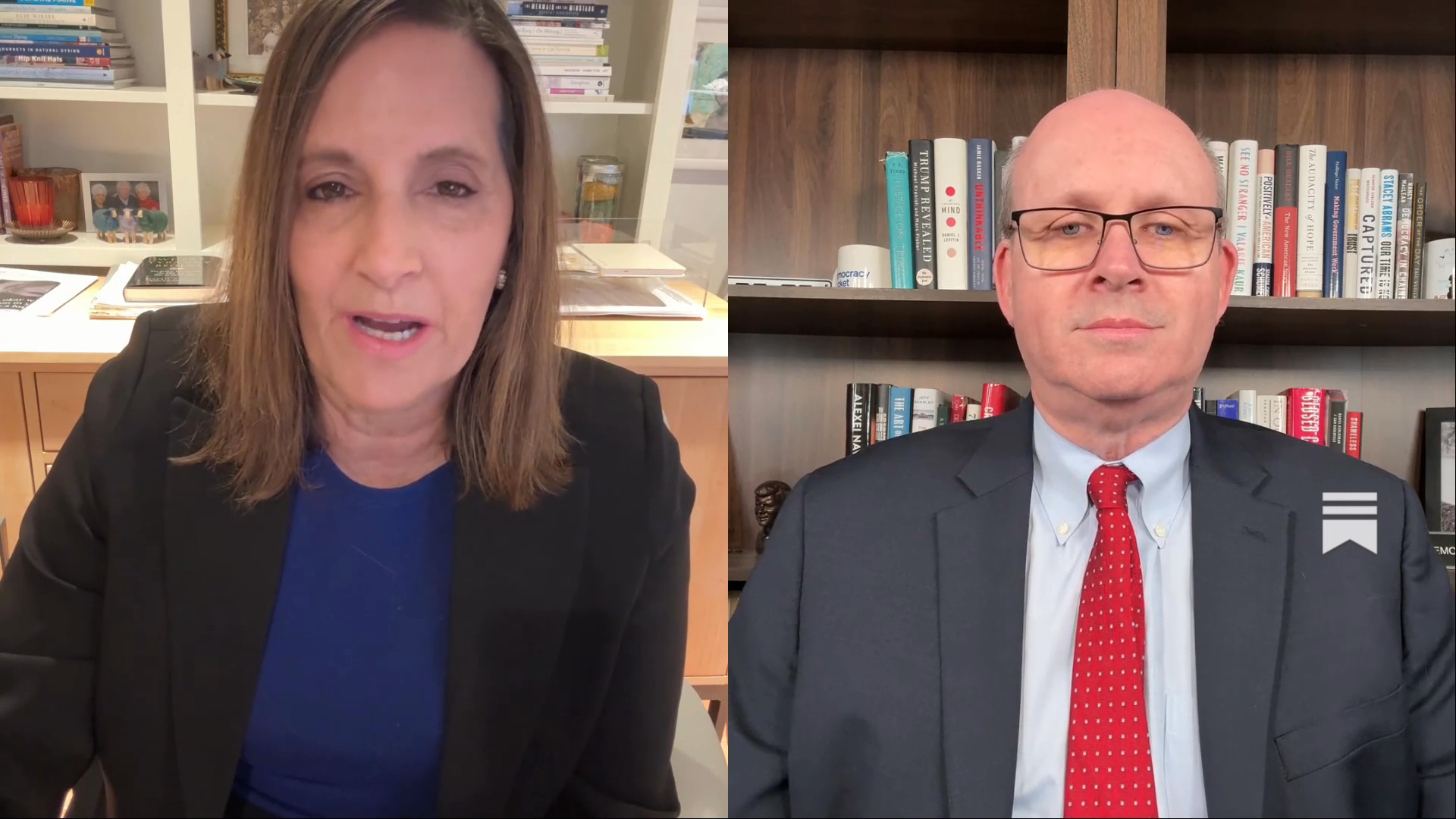Former DNI Dr. Vance's Remarks Spark Espionage Accusation from Pundit Bill Mitchell

Washington D.C. – A recent public statement by former Director of National Intelligence (DNI) Dr. Elias Vance has ignited a firestorm of controversy, leading conservative pundit Bill Mitchell to question if Vance "just admit[ted] to espionage on the US government." The accusation, made via Mitchell's social media platform, followed Dr. Vance's appearance at a think tank discussion where he offered a retrospective analysis of intelligence sharing protocols during his tenure.
Dr. Vance, who served as DNI from 2018 to 2022, was speaking at the Center for Global Policy when he discussed the complexities of international intelligence cooperation. He reportedly elaborated on a past instance where sensitive U.S. intelligence, shared with a key ally under specific conditions, later appeared to have been compromised. Vance framed his comments as an argument for greater transparency within intelligence alliances, aiming to prevent future breaches.
Mitchell's tweet, posted shortly after the forum, quickly went viral among his followers, amplifying the serious allegation. > "Did he just admit to espionage on the US government?" Mitchell stated in the tweet, directly quoting the former DNI's remarks in his subsequent commentary. The pundit's interpretation suggests that Vance's explanation inadvertently revealed unauthorized disclosure of classified information or a deliberate act that benefited foreign entities.
While Dr. Vance's office has yet to issue a formal response to Mitchell's direct accusation, the incident has reignited the long-standing debate surrounding government secrecy versus public accountability. Past cases involving former intelligence officials, such as Edward Snowden or Chelsea Manning, illustrate the severe legal and public repercussions of unauthorized disclosures. These cases often highlight the fine line between whistleblowing and actions deemed detrimental to national security.
Analysts suggest that Mitchell's pointed question aims to pressure authorities for clarification or investigation into the former DNI's statements. The incident underscores the heightened sensitivity around intelligence matters and the immediate, often polarizing, reactions from political commentators. The full implications of Dr. Vance's remarks and Mitchell's accusation remain to be seen as the situation develops.